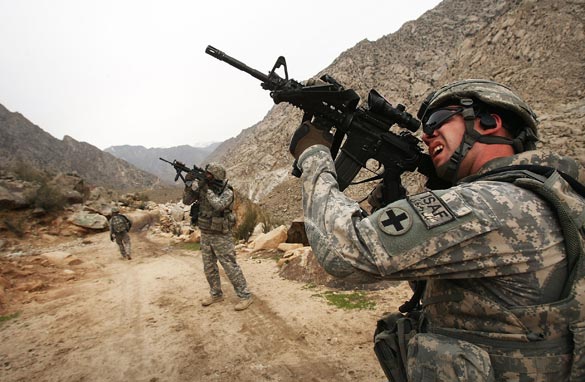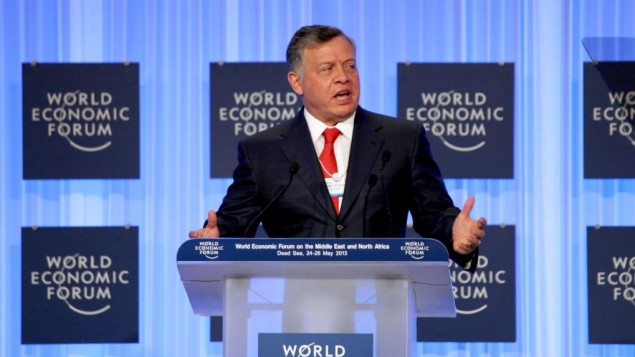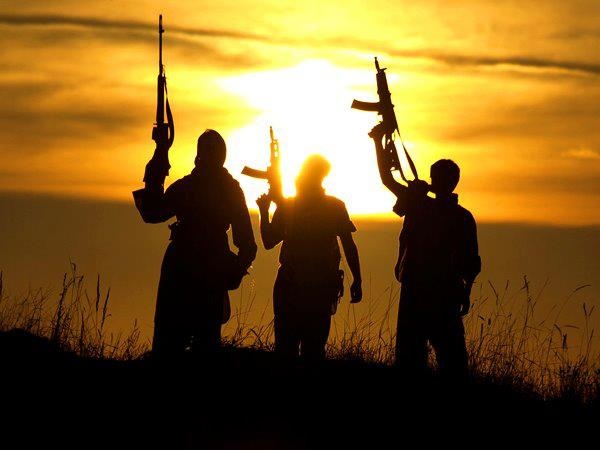
The recent shift in the orientation of the Islamic State of Iraq and the Levant (ISIL), from an off-shoot of Al Qaeda to a new Islamic State (IS) has sparked many debates and worried responses from nations all over the world. The group’s expansion throughout Iraq has been increasingly rapid and is further gaining in momentum thanks to captured resources in cities like Mosul. Many nations, including Arabic states now view the IS as a major threat that needs to be eliminated. The situation, however, may not be completely grim and some actors could use this development to their advantage.
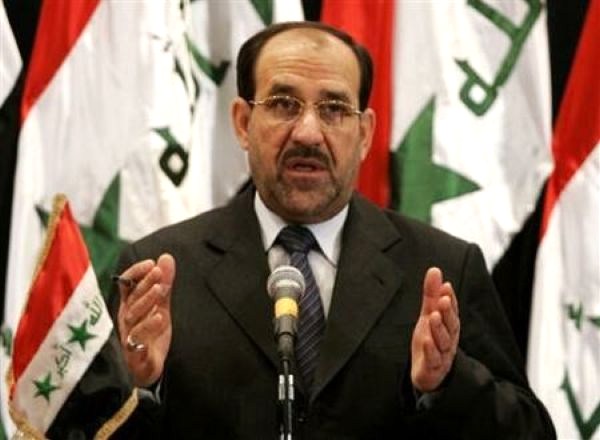
In order to understand some of the benefits of the creation of the Islamic State, a brief description of such a possible state is required. In Islam, the Koran states that the Islamic people need to be united under a single global state called the Caliphate and a single leader, Caliph, to be elected by the people to lead the Islamic people. In fact, Caliph translates to “successor”, implying that the leader of a Caliphate is Muhammad’s successor and has supreme authority over all Muslim states. ISIL has proclaimed Abu Bakr al Baghdadi as the Caliph. The IS publicised this statement on the internet, saying: “…it is incumbent upon all Muslims to pledge allegiance to the Khalifah Ibrahim and support him. The legality of all emirates, groups, states, and organisations, becomes null by the expansion of the caliphate’s authority and arrival of its troops to their areas.”
In Iraq, this new development has been criticised as a consequence of Prime Minister Nouri al-Maliki’s incompetence, leading to further domestic unpopularity for the Prime Minister. Maliki did succeed in winning recent elections, though he does not have enough seats to form a government. As a result he needs alliances with other political blocs in Iraq to forge a coalition. The need to respond to threats from the IS may speed up the process of forming a new government and could lead to greater political unity and resolve in Iraq. Some parties more favourable to the Iraqi people could gain more influence by deciding to work with Maliki in dealing with the IS threat. As international pressure on Iraq mounts, many nations have contributed to increasing Iraq’s military capabilities by providing aircraft and military advisers making the fight against IS more favourable for Iraq.
According to Bilal Abdul Kareem, a specialist on Muslim affairs and a journalist who was on the ground with many rebel groups in Syria and Iraq, ISIL is not the only group acting to overthrow the Maliki government. In fact, there are many other militant groups (such as Iraqi tribes, the Ba’athists and Naqshbandi groups) that are larger in size and that will likely fail to heed the Islamic State’s call for allegiance. These groups do not advocate some of the actions of ISIL, which included torture, mass killings, and crucifixions, and they also do not like the fact that ISIL proclaimed Abu Bakr al Baghdadi as the Caliph.
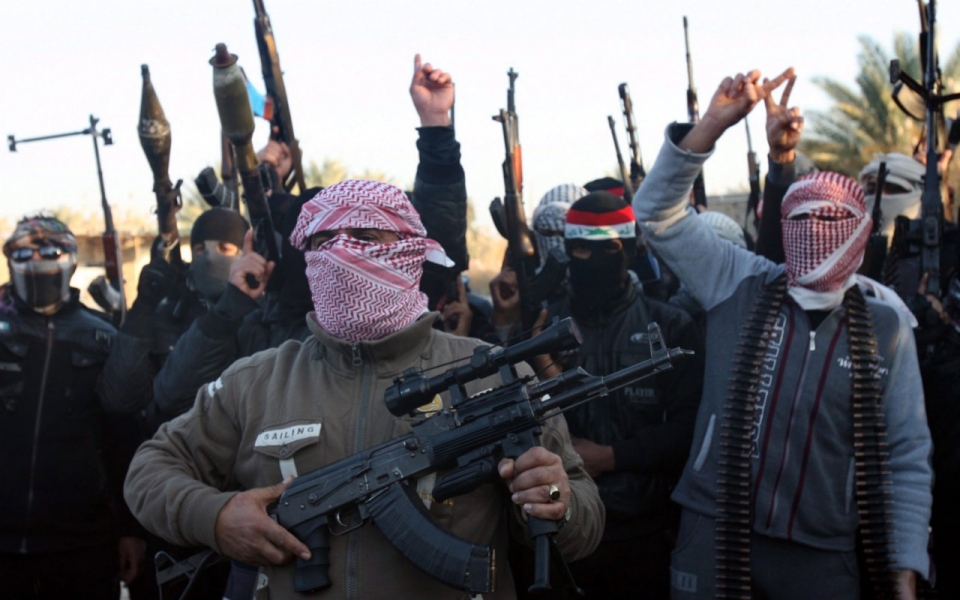
In an interview with Kareem on Al ’Jazeera’s program Inside Story, he claims that these groups have not had direct contact with the former ISIL and that they were “uneasy allies” before ISIL declared itself a Caliphate. It is thus speculation that these groups will join the new Islamic State. By declaring itself the new Caliphate, ISIL now runs the risk of compromising its support structure in Iraq and completely isolating itself from these other groups with a similar purpose. Perhaps the Iraqi tribes and militant groups might engage in competition and skirmishes with the new Islamic State leading to inter-Sunni separatist conflict, which could ultimately weaken the anti-government movement in Iraq as a whole.
One key indicator for possible inter-Sunni conflict is the relationship between the now Islamic State and Al Qaeda. ISIL’s move to declare itself the only authority over Muslims served, among others, to fill a power vacuum in the global Anti-Western Islamic movement. This power vacuum was caused by the collapse of Al ‘Qaeda as a centralised threat. The relationship between Al ‘Qaeda, one of the most iconic anti-western groups, and the Islamic state could play a major role in the latter’s success. Al ‘Qaeda and ISIL had a history of tense relations and competition.
In the same Al ‘Jazeera program, Khaled Al Maeena claims that the relations between these two groups were very poor and they exploited each other on many occasions in Syria. One fear is that the current splintered nature of Al Qaeda with cells operating without a strong central authority will cause some of these Al Qaeda cells to defect to the new Islamic State. Khaled Al Maeena, however, asserts that the two groups will not work together due to strong differences in their ideologies. At this point there exist two paths: one in which Al Qaeda affirms its allegiance (completely or partially) to the new Islamic State and one in which it shuns the Islamic State. The latter of the two paths implies that Al Qaeda could align itself with Iraqi tribes, Ba’athists, and Naqshbandis to battle the new Caliphate. This option seems more likely since there has already been a great deal of infighting between militant Islamic groups.
Many nations combating terrorism and militant Islamic groups could benefit from such an arrangement of events. In the short run, these groups will probably be weakened by the infighting, and if Iraq manages to act quickly and decisively it could deal a major blow to the anti-western movement as a whole. If Iraq does not act, one possible long run side-effect of this scenario is a return of Al Qaeda as a stronger militant group. Rallying against the Islamic State could help create new leaders and centralise the organisation. Furthermore, Al Qaeda could become close allies with some of the active tribes operating in Iraq.
Although there is hope that the new Islamic State will not survive and will in fact improve the situation in the Middle East, Al Maeena describes a threat which could lead to the growth in size of the Islamic State. Maeena states his fear that the Caliphate will attract many young people from Saudi Arabia, the UAE, and other Persian Gulf countries. Looking at the videos posted by the Islamic State, it is clear that it appeals mainly to young people seeking to make a difference in the region. The fact that many of the Persian Gulf States have misrepresented, discriminated and ignored their youth in the past does not make the situation any better. Thus, many nations could benefit from ISIL declaring itself the new Caliphate only if Al Qaeda decides to fight against the new Islamic State and if many young people from Persian Gulf States do not join IS ranks.


